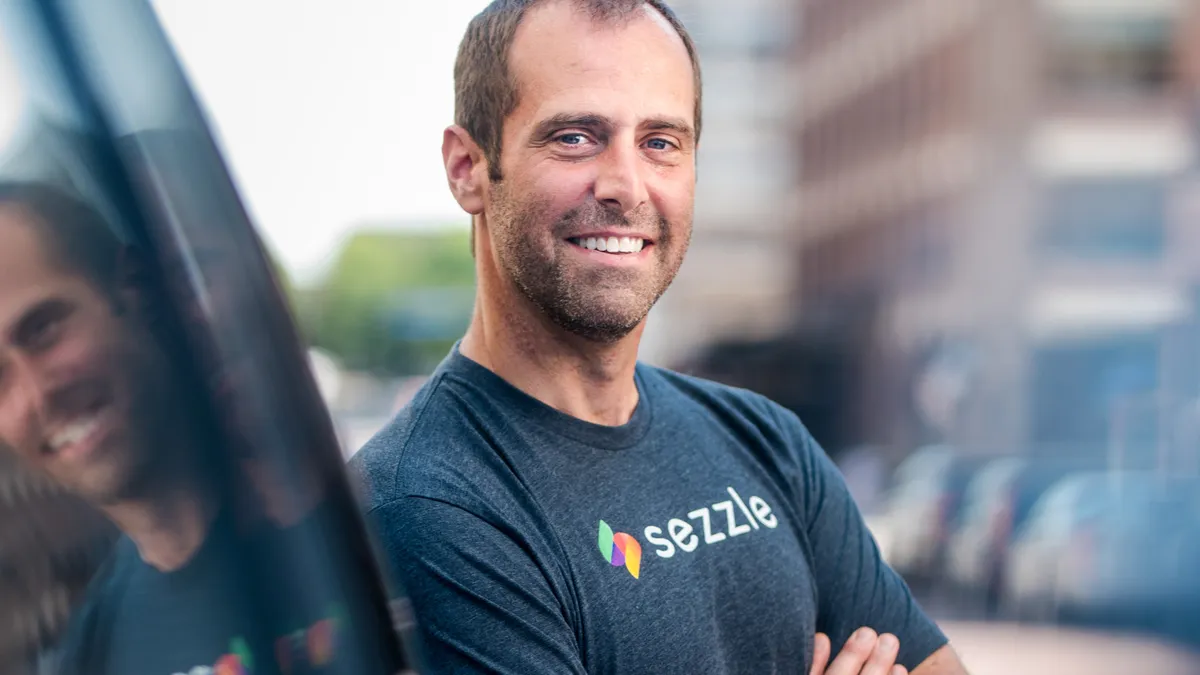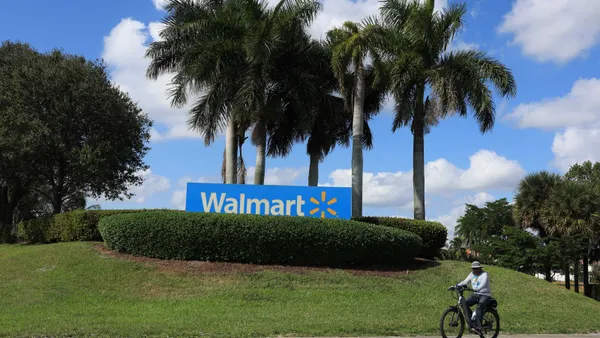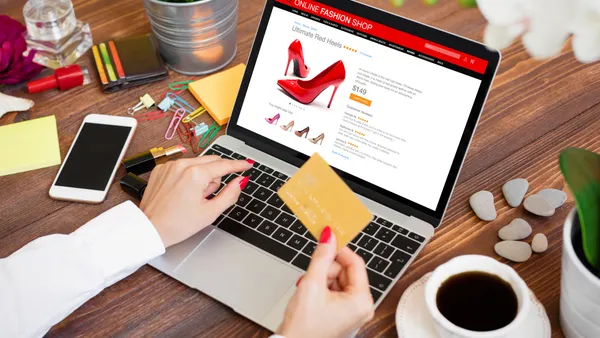The Australian buy now-pay later company Zip has agreed to acquire Minneapolis-based Sezzle as it advances its U.S. expansion plan in a bid to take on Block’s Afterpay and other growing BNPL rivals.
The all-stock deal values Sezzle at AU$491 million, according to a joint press release from the companies. That translates to about $353 million, according to a report from Reuters.
Sezzle CEO Charlie Youakim plans to stick with the combined company and become CEO of the Americas for the merged business, which would include oversight of the U.S., Mexico and Canada. He will also become one of three Sezzle members on Zip's board of directors.
The acquisition would not be Zip’s first purchase in the U.S. In 2020, the Sydney-based player acquired the U.S. BNPL company QuadPay for nearly $300 million.
The latest acquisition would occur as competition in the arena is becoming more fierce, even as the installment payment trend catches on worldwide after originating in Australia, spreading to Europe and arriving more recently in the big U.S. consumer market. The BNPL craze gained traction as e-commerce surged during the COVID-19 pandemic and has been estimated to swell to $995 billion in spending by 2026.
Last year, small and mid-sized payments player Block, formerly known by its card reader device brand Square, purchased Afterpay, then the biggest BNPL competitor in Australia, for $29 billion.
Nonetheless, investors have begun to question the profit potential of the industry, with some stocks lagging their former value. Zip Chief Executive and Founder Larry Diamond said the company would reduce losses and become cash flow positive by the end of its 2024 fiscal year, after Zip’s stock lost 80% of its value over the past year, the Financial Times reported.
BNPL companies are worth more as part of a broader business, Cowen Equity Research Analyst George Mihalos said in an emailed comment. Issues weighing on standalone BNPL providers are merchant discount rates that are likely to contract and become more like traditional card payment fees; rising interest rates, which will boost loan costs; and increasing consumer delinquencies and charge-offs, he said.
The combined company expects to have 8.8 million customers and 60,500 merchants in the U.S., according to the press release. The transaction is expected to close by the end of the third quarter, the companies said.













